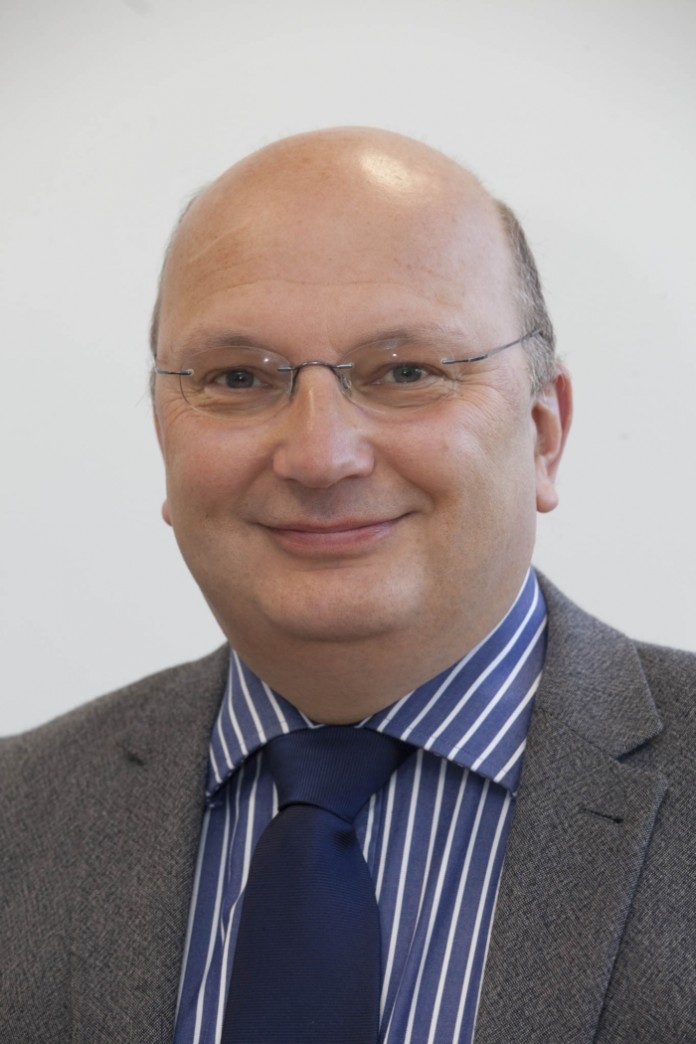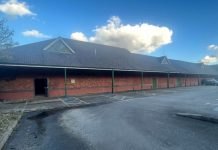
A slowing down of the rate of business growth in the last quarter of 2015 should not be seen as a signal to run up the white flag, the chairman of the Alliance 4 the Black Country has warned.
Johnathan Dudley said the final quarter results of the Black Country Chamber of Commerce’s Quarterly Economic Survey (QES) showed a slowing down in growth and investment, but this was probably inevitable after the gains and activity of the three previous quarters of 2015.
He cautioned against business leaders talking themselves into another recession.
Mr Dudley, regional managing partner of national audit, tax and advisory firm Crowe Clark Whitehill, told a breakfast seminar held at Park Inn Birmingham West, West Bromwich, that a falling off in manufacturing growth in the final quarter had been matched to a lesser extent by a reduction in the services sector.
“Yes, manufacturers are seeing growth declining slightly but, taking the year’s quarterly survey results overall, it is clear the momentum is still in a forward direction.
“More staff are being employed in the services sector, and full time employment in manufacturing is on the up,” he pointed out.
He said he felt the two principal areas of concern were cashflow and recruitment of skilled staff, particularly in manufacturing.
“Recruitment of quality skilled staff remains an issue, but what concerns me more is a decrease in cashflow reported by the survey respondents. It is a concern going forward and businesses must work hard to ensure they get paid on time.
“However, in the services sector, we see cashflow showing a slight improvement which is encouraging.”
He said he was not overly concerned about a cooling off in investment in manufacturing.
“When growth returns, businesses look to invest in capital equipment and it could be that the majority of manufacturers have completed much of their investment in new machinery and processes – hence the drop,” he said.
“Figures showing businesses reining back on their training expenditure is also worrying, because it begs the question, where are the skilled workers going to come from?”
“Investment in training is not seen as exciting as investment in machinery, but skilled operators and engineers are just as important to the future welfare of a business,” he pointed out.
The headline results of the Q4 QES showed 38 per cent of Black Country respondents showing an increase in UK sales, with export sales remaining largely static from Q3.
Investment plans for training showed a two per cent drop and investment plans for capital equipment showed a quarterly decline of seven per cent.
During the last three months of 2015, 29 per cent (up four per cent) of businesses said they had increased staff numbers, while the number planning to recruit in the next quarter was down one per cent at 29 per cent.
Over the next 12 months, expectations on turnover increase and profitability were also down but currently 32 per cent of businesses report they are operating a full capacity which is four percent more than Q3.
The top three factors that businesses are concerned about were competition (33 per cent), exchange rates (21 per cent) and corporate tax (18 per cent).
In live voting at the breakfast seminar there were some clear areas of concern for both regional and central government.
Asked whether they felt properly informed what the implications of the regional authority (West Midlands Combined Authority) were, a staggering 75 per cent said No. Only 21 per cent felt they knew much about the proposal.
Asked about the impending EU referendum, 61 per cent felt the debate would have no impact at all on Black Country business, while 39 per cent expressed concerns that it would.
When asked what their preference on the referendum result would be, the overwhelming majority – 65 per cent – wanted the UK to stay in but with enhanced Westminster powers, with just 12 per cent keen to stay in at all costs and nearly twice as many (23 per cent) ready to leave at all costs.




















